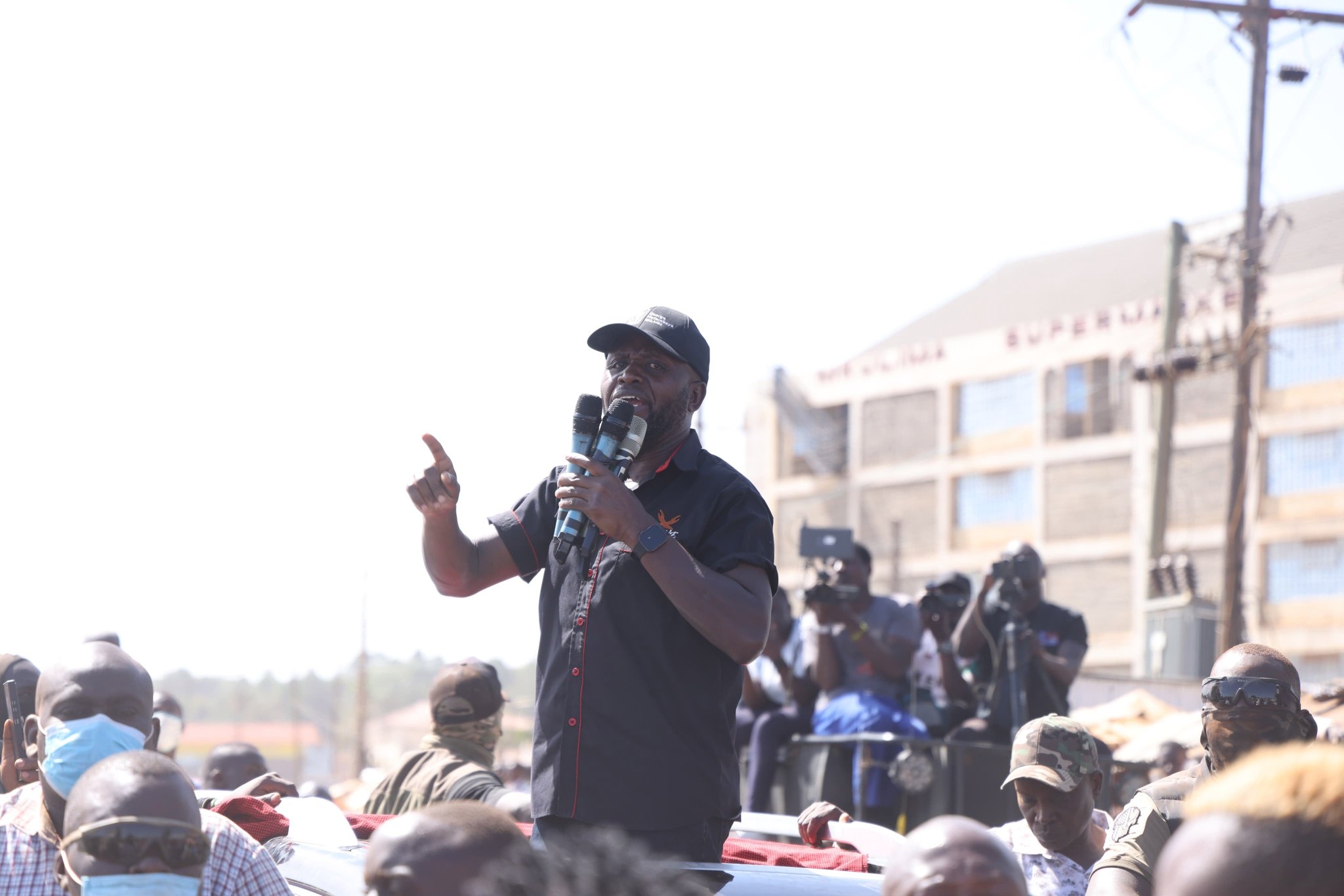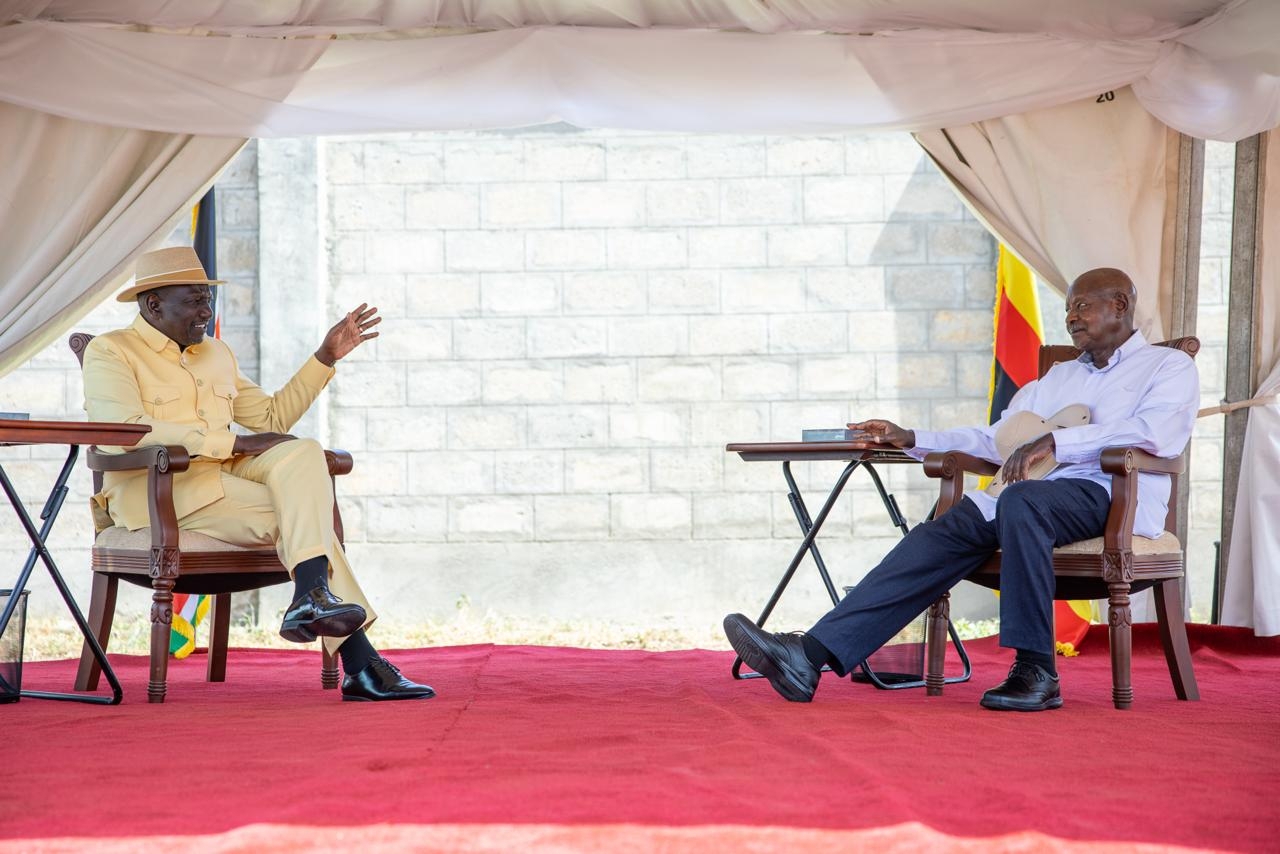Opposition Chief Raila Odinga’s ODM party has revealed of a plan to initiate and drive the recall of at least six MPs who voted for the FinancBill, 2024.
Legislators facing the headache of potentially losing their legislative seats include Elisha Odhiambo (Gem), Gideon Ochanda (Bondo), Emmanuel Wangwe (Navakholo), Memusi Kanchori (Kajiado Central), Bernard Shinali (Ikolomani) and Caroli Omondi (Suba South).
In the history of the country, voters have never invoked the law to cut short the tenure of their lawmakers.
The process of recalling an MP is governed by the Constitution and the Elections Act.
When can an MP be recalled?
The law stipulates that an MP can be recalled on four grounds: Gross violation of the Constitution or any other law, committing an offence under the Elections Act, misconduct likely to bring disrepute to the office and if the MP is found to have mismanaged public funds.
“A recall of a member of Parliament shall only be initiated upon a judgment or finding by the High Court confirming the grounds of violation of provisions of Chapter Six of the Constitution, mismanagement of public resources and or conviction for an offence under the Elections Act,” the law states.
The Elections Act stipulates that an MP can only be recalled at least two years after being elected and not less than one year (12 months) before the general election.
The petition for the recall cannot be filed more than once during the term of the targeted MP.
Who should not petition for recall?
The Elections Act bars those who unsuccessfully contested the election, which the MP they are seeking the recall won, from initiating the recall.
The law considers them as ineligible directly or indirectly. Anyone else who is a registered vote in the MP’s constituency is eligible to petition for recall.
The recall process
The process can be initiated by a registered voter in the respective constituency.
Sections 45 and 46 of the Elections Act require the petitioner to collect signatures from at least 30 per cent of registered voters in the constituency.
The signatures must include at least 15 per cent of the voters in each of at least half of the wards in the constituency.
The voter then submits the collected signatures to the Independent Electoral and Boundaries Commission.
The signatures must be accompanied by a list specifying the grounds upon which the petitioner wants the MP sent home, evidence supporting the claims and a statutory declaration satisfying the signatures.
Next, IEBC will verify the signatures and the validity of the petition.
If the Commission finds that the petition meets the threshold, it will notify the MP who will then have an opportunity to respond to the allegations.
IEBC will then notify the Speaker of Parliament within 15 day
Recall election
The Commission will then hold a recall election within 90 days of the verification of the petition.
The MP will lose their seat if a simple majority of the electorate votes in the recall election to remove them from office.
However, the election can only be valid if at least 50 per cent of the registered voters in the affected constituency vote for recall.
IEBC will then organise a by-election to replace the MP if the recall survives.
The MP is free to participate in the ensuing by-election.













![[PHOTOS] Three dead, 15 injured in Mombasa Rd crash](/_next/image?url=https%3A%2F%2Fcdn.radioafrica.digital%2Fimage%2F2025%2F11%2Fa5ff4cf9-c4a2-4fd2-b64c-6cabbbf63010.jpeg&w=3840&q=100)



